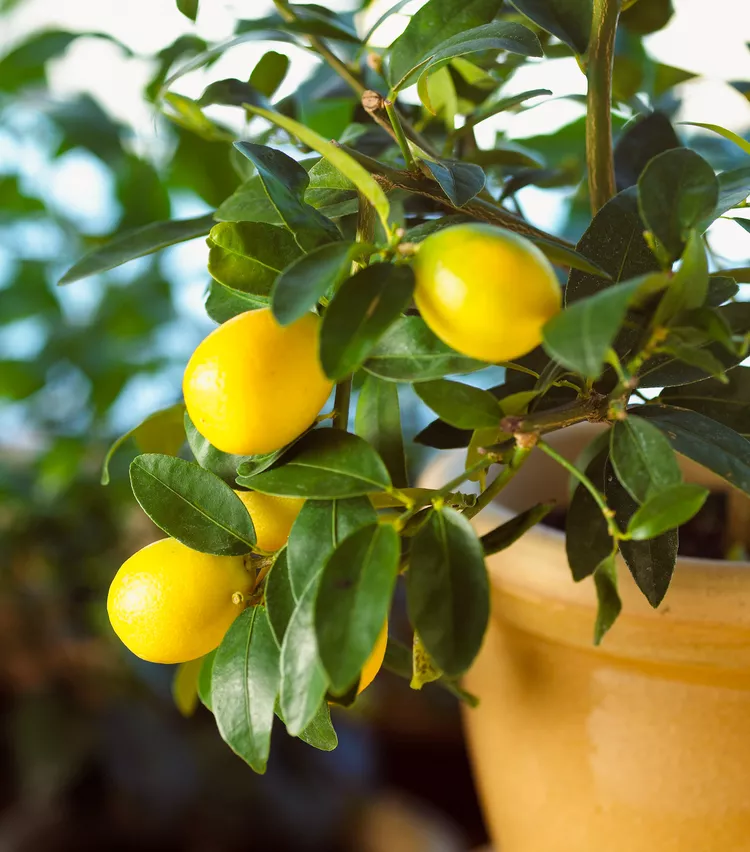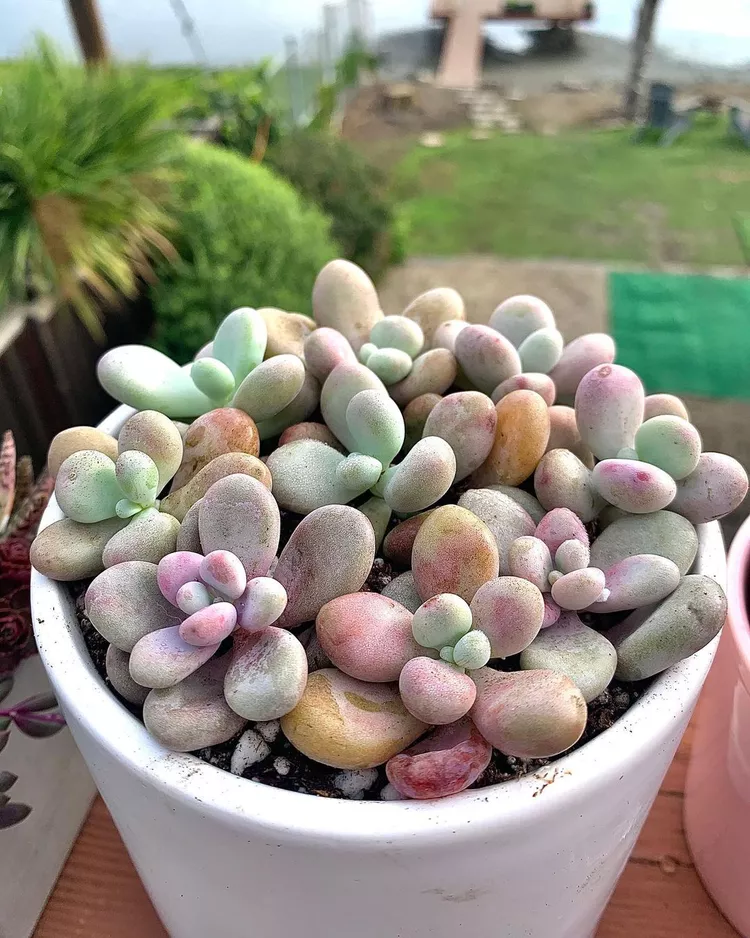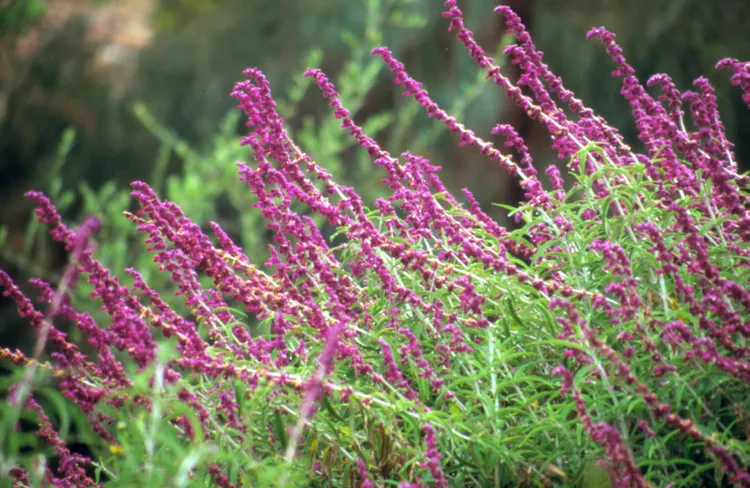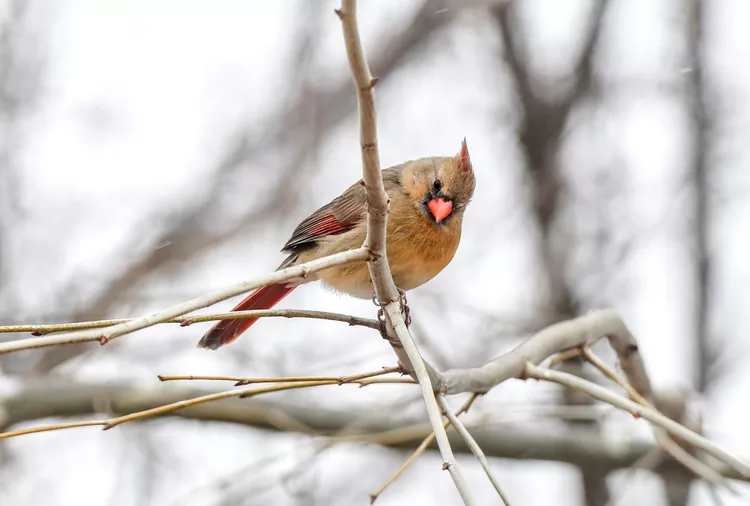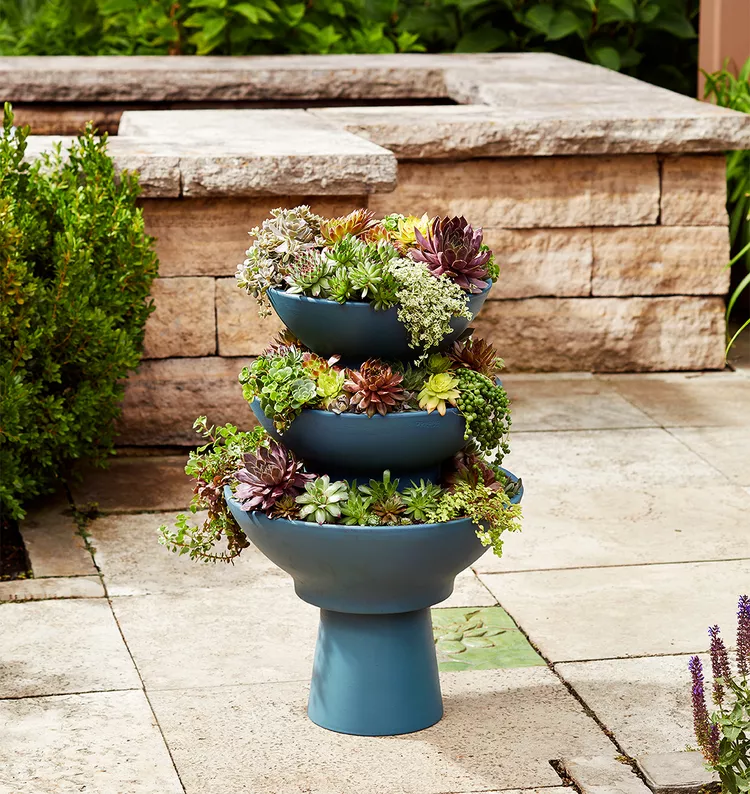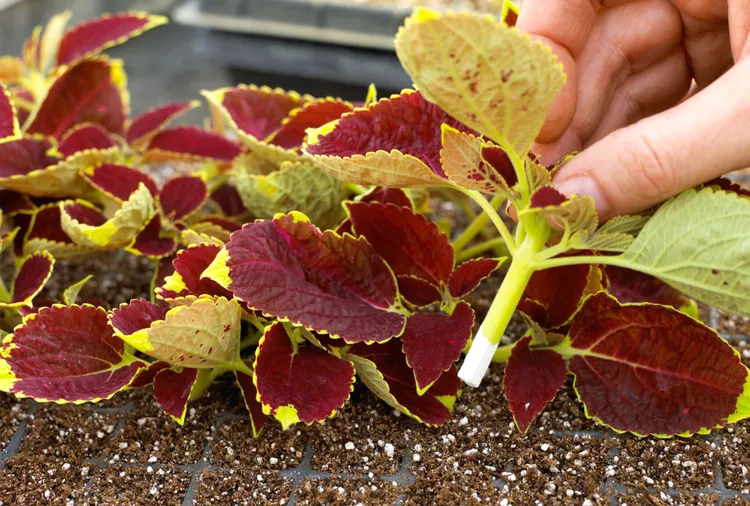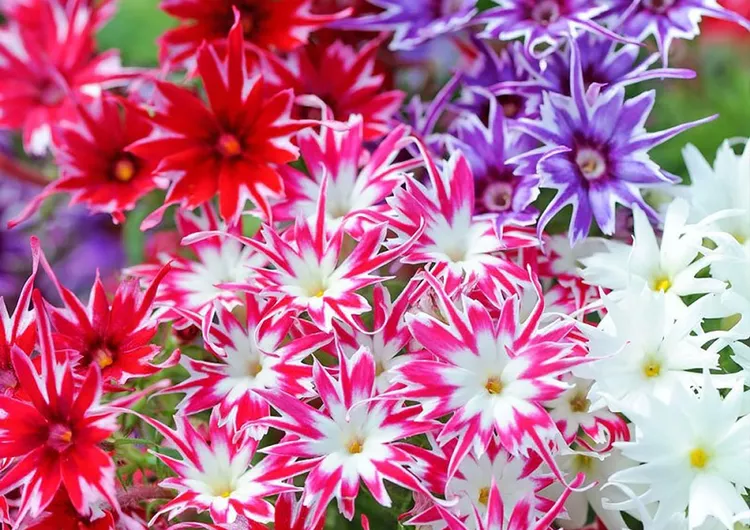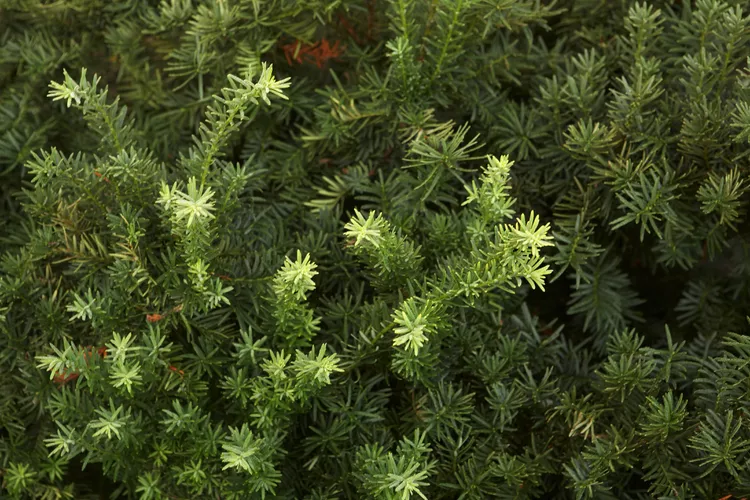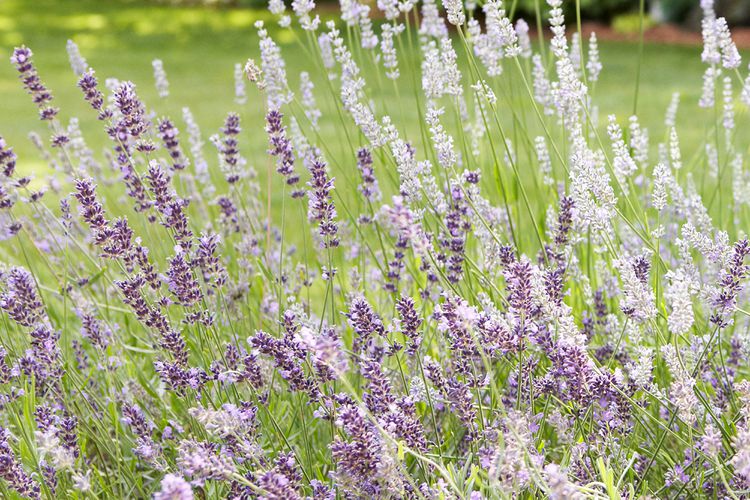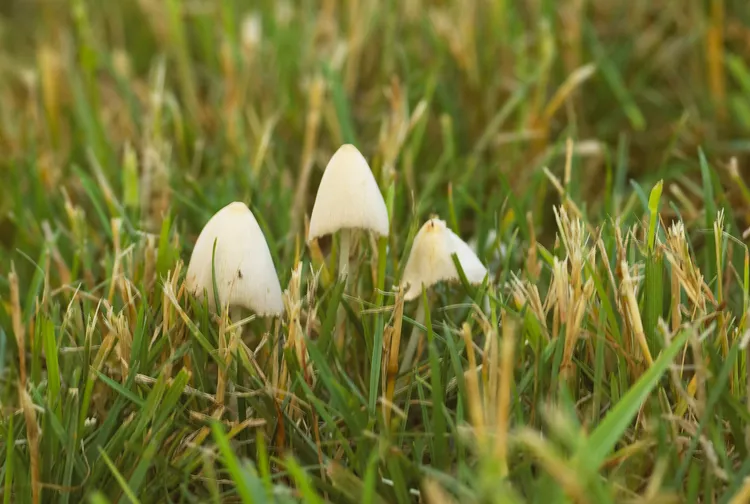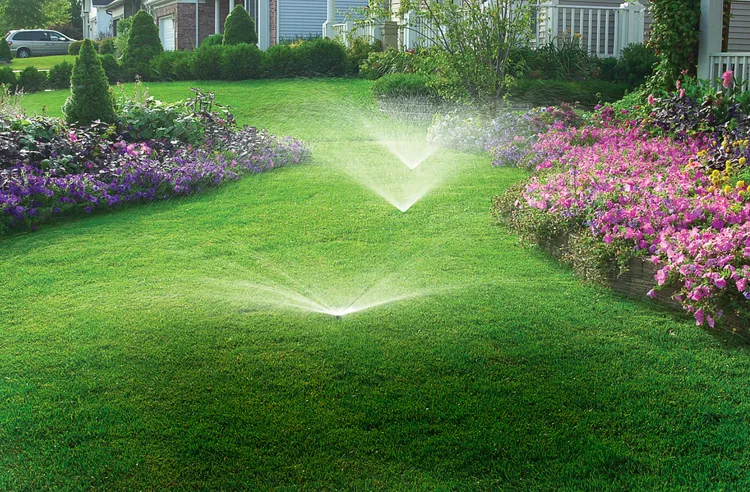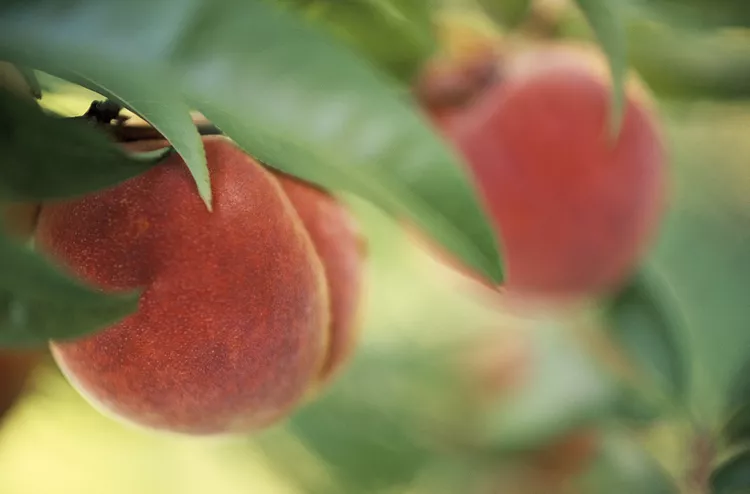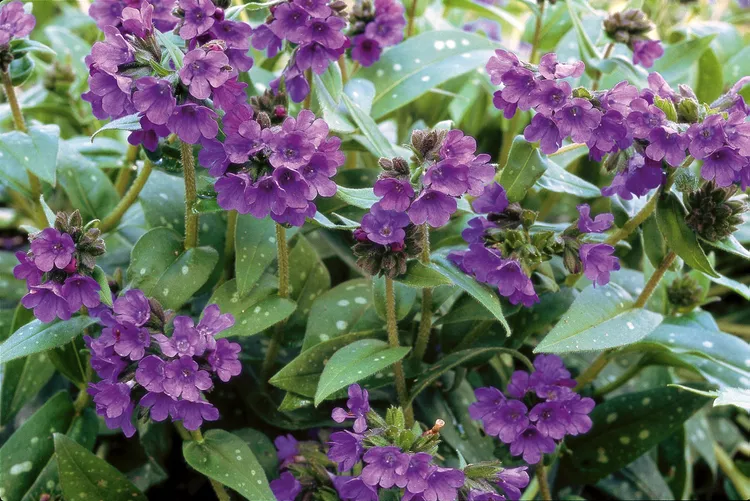When an unwelcome parade of ants invades your lemon tree, the good news is that more often than not, these insects aren't harming your plants. But if their presence bothers you, it's time to take action. Many of the same strategies you'd use to eradicate ants in your house—think blocking access and cleaning up food sources—will work to get rid of ants in your plants. Here's how to get rid of ants in your lemon tree and keep them away for good.
Why Ants Are Attracted to Lemon Trees
Before you start smashing ants, play detective for a few minutes. Try to figure out what's attracting the ants by watching where they're going and what they're doing. This will help you decide which of the methods below to use to banish them from your lemon trees.
You may notice ants crawling randomly around your plants in search of food, or they may be a little more goal-focused. Ants are most likely to show up in your citrus tree when aphids or scale bugs are already there. These sap-sucking pests produce honeydew, a sweet liquid that ants eat. In fact, the ants so prize this food source that they will "herd" the aphids from leaf to leaf and protect them from predators.
Some ants are attracted to the nectar in citrus blossoms, thus acting as pollinators. However, these visitors aren't always benign: Red fire ants sometimes attack lemon trees, destroying flowers and chewing through the bark to get at the sap. They may even gnaw the bark all the way around the trunk, which will eventually kill the tree.
The Best Ways to Eliminate Ants on Citrus Trees
Attack the Aphids and Scale Bugs
If your lemon tree has aphids or scale bugs, you'll need to wipe out these pests first to discourage the ants they attract. Look closely at the undersides of the leaves for tiny white, green, or black insects (aphids) or small brown bumps that don't move (scale insects). If you spot them on just a few leaves, snip the affected parts off and toss them in the garbage, not the compost bin, since most piles don't get hot enough to kill pests. And if possible, isolate the plant to avoid spreading the pests to other plants.
If you're dealing with a more widespread infestation, use insecticidal soap or horticultural oil to get rid of aphids and scale. A hard spray of water from your hose also can help knock off aphids. Repeat the treatments every three weeks until the insects are gone.
Drench Red Fire Ants
Water also can come to the rescue when dealing with red fire ants attacking your lemon tree. Find the nest and pour about three gallons of boiling water on it. If the nest isn't completely destroyed by this treatment (or if there are plants around that would be harmed by the hot water), use an insecticide drench on the nest. Once it soaks in, this will wipe out the colony.
If fire ants have nested among the roots of a potted lemon tree, you can dunk the entire root ball of your tree into a bucket of insecticidal drench.
Use Chemicals Carefully
As with any pesticide, always read and follow label directions to protect yourself and non-target species from harm.
How to Keep Ants Off Lemon Trees
Prune Wisely
Keep the branches high off the ground, so the ants have a harder time climbing your lemon tree. Prune so that the lowest branches are 30 inches from the soil, if possible. Cut away branches that touch nearby shrubs or fences if the ants are using them as an on-ramp.
Protect the Trunk
Block the ants' passage up the tree trunk by placing a tree wrap around the trunk. Cover a few inches of the trunk with the wrap, starting low to the ground, but high enough that your sprinkler won't splash it. Then paint a sticky substance such as Tanglefoot Tangle-Trap on the wrap, which will catch any ants that try to cross the barrier. Check the tree every week to make sure ants aren't sneaking under and eluding the sticky trap. Reapply the goopy stuff if it's covered with dead ants.
Keep Your Citrus Trees Well-Watered
Your citrus tree is more likely to be attacked by pests if it doesn't have enough water. Keep your citrus tree healthy by making sure it gets at least an inch of water a week. If you have a potted lemon tree, water whenever the soil feels dry to the touch.
